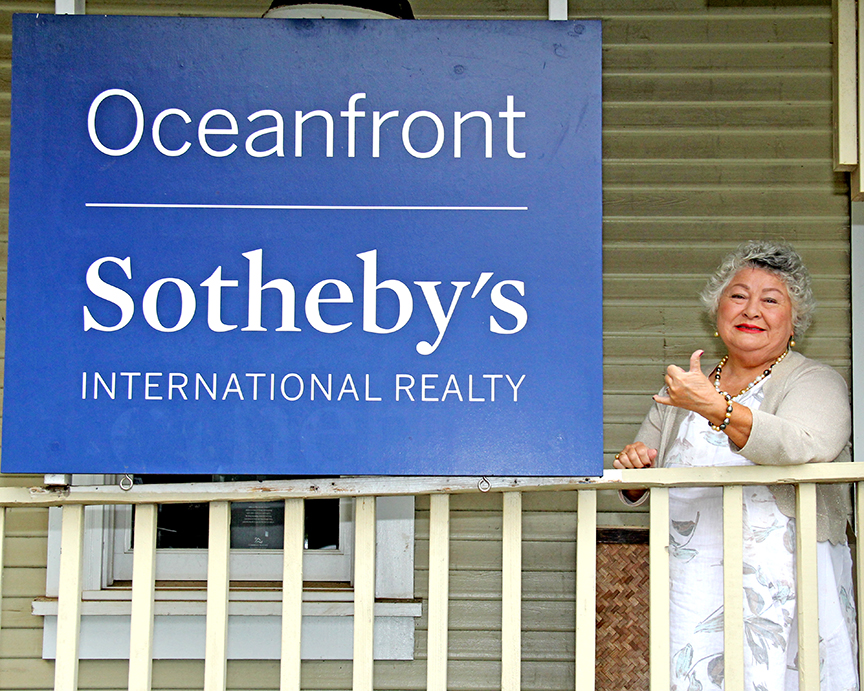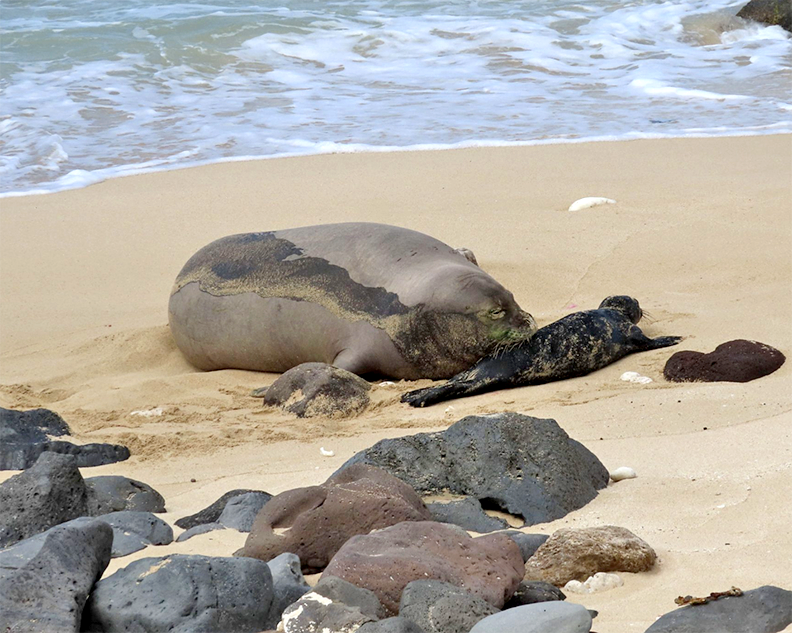By Léo Azambuja
 When Brazil and Croatia roll the football on June 12, hundreds of millions will have their eyes glued on a TV set.
When Brazil and Croatia roll the football on June 12, hundreds of millions will have their eyes glued on a TV set.
The love affair will continue until July 13, when the final match of the FIFA World Cup will be played at Maracanã Stadium in Rio de Janeiro. By then, more than a billion people will have watched the tournament — pretty much one out of seven people in the world.
Needless to say, I’ll be glued to the TV for an entire month.
While I’m excited to have 64 exceptional football matches (yes, it’s called football in most of the world) to watch in 31 days, part of me is sad, very sad. And it’s not because I won’t be in Brazil.
This will be the most expensive World Cup ever. Brazil is spending $14 billion to build and renovate 12 stadiums, to upgrade local infrastructure and to provide security to 32 national teams and 600,000 visitors.
And who will pay for it? The Brazilian taxpayers.
Upset about this record-spending, a large portion of the Brazilian population has been organizing public protests, and thousands have adopted the slogan, “There will be no Cup.”
I’m really puzzled on how to react to this.
In one hand, Brazil hosting a World Cup has been one of my childhood dreams. And besides, football is the most popular sport in the world, a sport that unites people despite rivalries.
In the other hand, I think it’s absolutely ludicrous that a country with so much poverty, a monumental gap between the rich and the poor, and so many other social and infrastructural problems would spend billions of dollars on a single sport tournament rather than addressing its root problems.
Adding insult to injury, Rio de Janeiro will host the 2016 Olympics, when additional billions of dollars will leave the taxpayers’ pockets to subsidize the event.
I know both events will have lasting positive effects in the economy, there’s no doubt about it. But who will reap those benefits? Definitely not the poor.
I only hope the Brazilian government will one day have the guts to spend just as much money into real solutions for the social problems that haunt the country.
U.S. President Barack Obama made a strong bid for the 2018 and 2022 World Cups, including a letter to FIFA President Sepp Blatter, but Russia and Qatar won the bids, respectively.
Obama — and his wife too — also pitched for Chicago’s failed bid to host the 2016 Olympics.
The U.S. may have come out empty-handed in both occasions, but I’m not sure the American people were the losers. After the record-spending in this World Cup, and you just wait for the Rio Olympics’ price tag, the cost to host both tournaments will likely keep climbing.
I think there may be a lesson to be learned in the aftermath of the 2014 World Cup and the 2016 Olympics.
If the Brazilian people come out better off economically, then we should keep insisting on hosting tournaments of such magnitude.
Otherwise, we may be better off watching the tournaments on TV and concentrate on rebuilding our economy.
Here on Kaua‘i, we may be far away from any World Cup game or Olympic event. But we have already seen during the 2008 economic crash how vulnerable we are to what happens on the Mainland.
Meanwhile, turn on the TV on June 12 for the World Cup’s opening game.
I hope you’ll be cheering for Brazil. I promise I’ll also cheer for the U.S., even after manager Jurgen Klinsmann sacked LA Galaxy superstar Landon Donovan from the team.
Discover more from ForKauaiOnline
Subscribe to get the latest posts sent to your email.




Leave a Reply